In today’s fast-paced world, stress has become a common part of daily life. While short-term stress can sometimes be helpful, chronic stress can take a serious toll on the body and mind. Understanding how stress affects your health and learning effective ways to manage it is essential for maintaining overall well-being.
What Is Stress?
Stress is the body’s natural response to a perceived threat or challenge. It triggers the release of hormones like adrenaline and cortisol, which prepare the body for a “fight or flight” response. While this can be useful in emergencies, prolonged stress can lead to a range of health issues.
Effects of Stress on the Body
- Heart and Blood Pressure: Chronic stress can increase heart rate and blood pressure, raising the risk of cardiovascular diseases.
- Immune System Suppression: Long-term stress weakens the immune system, making the body more vulnerable to infections and illnesses.
- Digestive Problems: Stress can cause stomachaches, nausea, acid reflux, and worsen conditions like irritable bowel syndrome (IBS).
- Muscle Tension and Pain: Stress often leads to muscle stiffness, especially in the neck, shoulders, and back.
- Sleep Disturbances: High stress levels can make it difficult to fall asleep or stay asleep, contributing to fatigue and decreased productivity.
- Mental Health Issues: Chronic stress increases the risk of anxiety, depression, mood swings, and cognitive difficulties.
Healthy Ways to Manage Stress
- Exercise Regularly: Physical activity boosts endorphins, improving mood and reducing stress.
- Practice Mindfulness and Meditation: Techniques such as deep breathing, yoga, or guided meditation promote relaxation.
- Maintain a Balanced Diet: Nutrient-rich foods help the body cope with stress and maintain energy levels.
- Get Adequate Sleep: Restful sleep is essential for emotional and physical recovery.
- Connect with Others: Talking to friends or loved ones can provide emotional support and a sense of belonging.
- Take Breaks and Prioritize Self-Care: Make time for hobbies, relaxation, and personal interests to recharge.
- Seek Professional Help: If stress becomes overwhelming, consider speaking to a counselor or therapist.
Conclusion
Stress is a natural part of life, but it doesn’t have to control it. By recognizing the signs and making intentional changes, you can manage stress effectively and protect your health. Prioritize your mental and physical well-being by embracing healthy coping strategies.
De-Stress with Flutter Bees Game
Need a break to relax and unwind? Try Flutter Bees, a fun and interactive clicker game with a calming bee hive defense twist. Tapping and playing helps reduce stress and boosts relaxation, while earning points and completing tasks keeps you engaged. It’s a lighthearted way to escape daily pressures. Check it out here: Flutter Bees

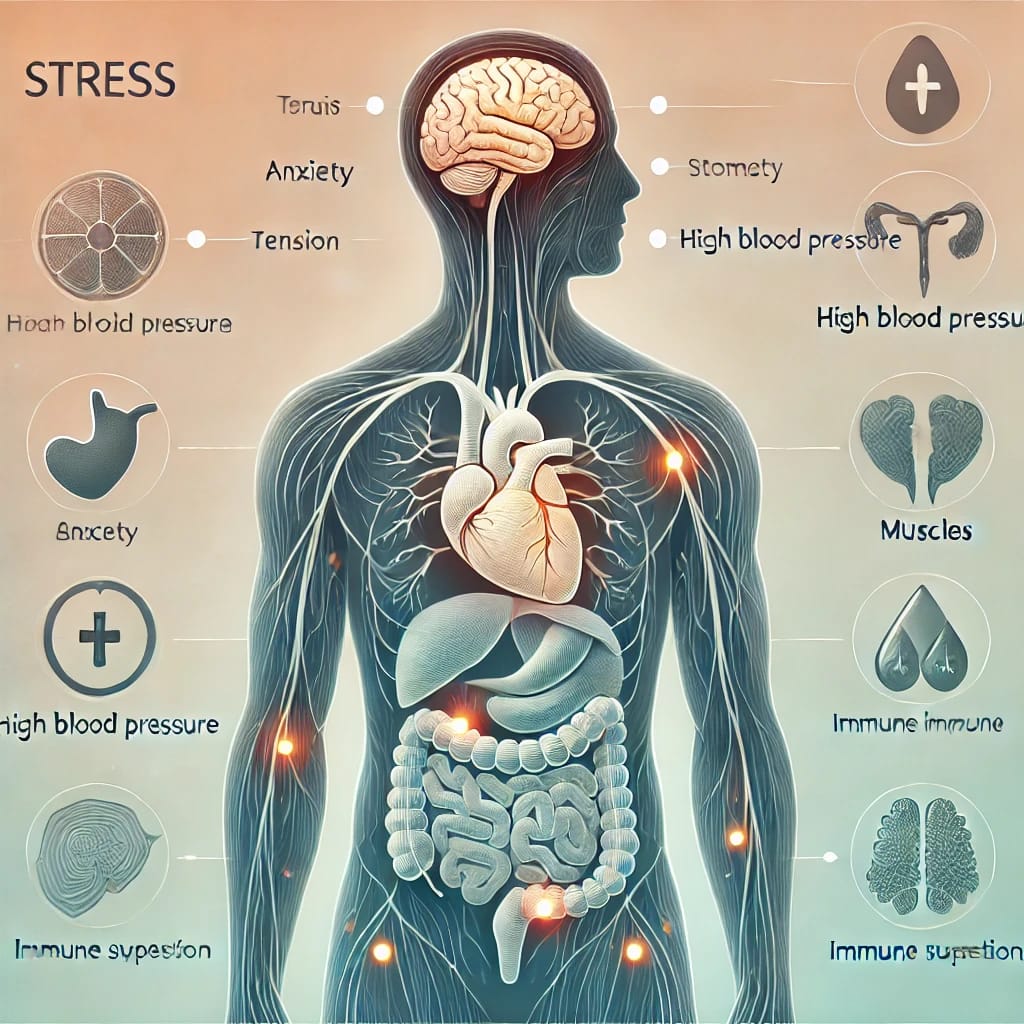
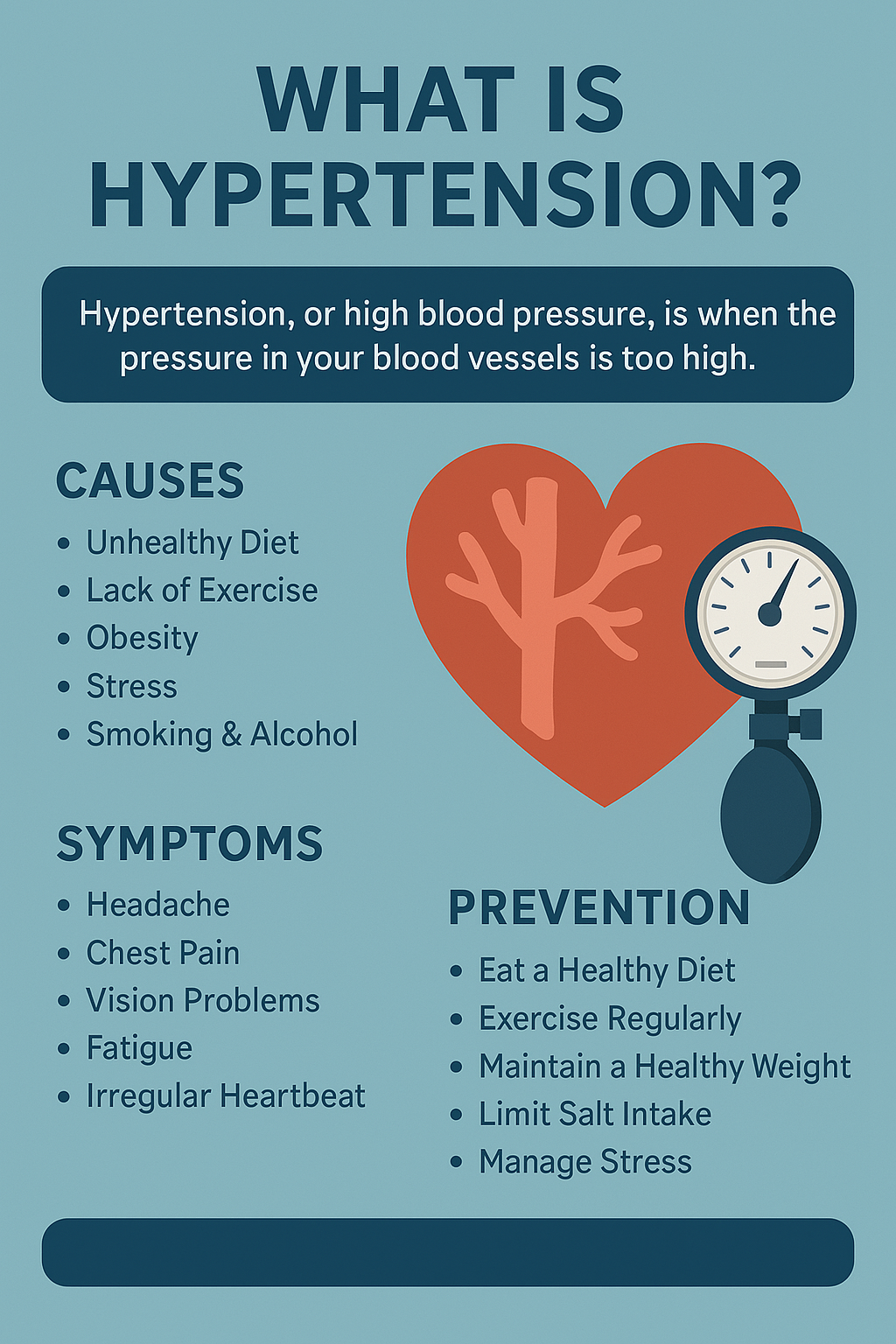
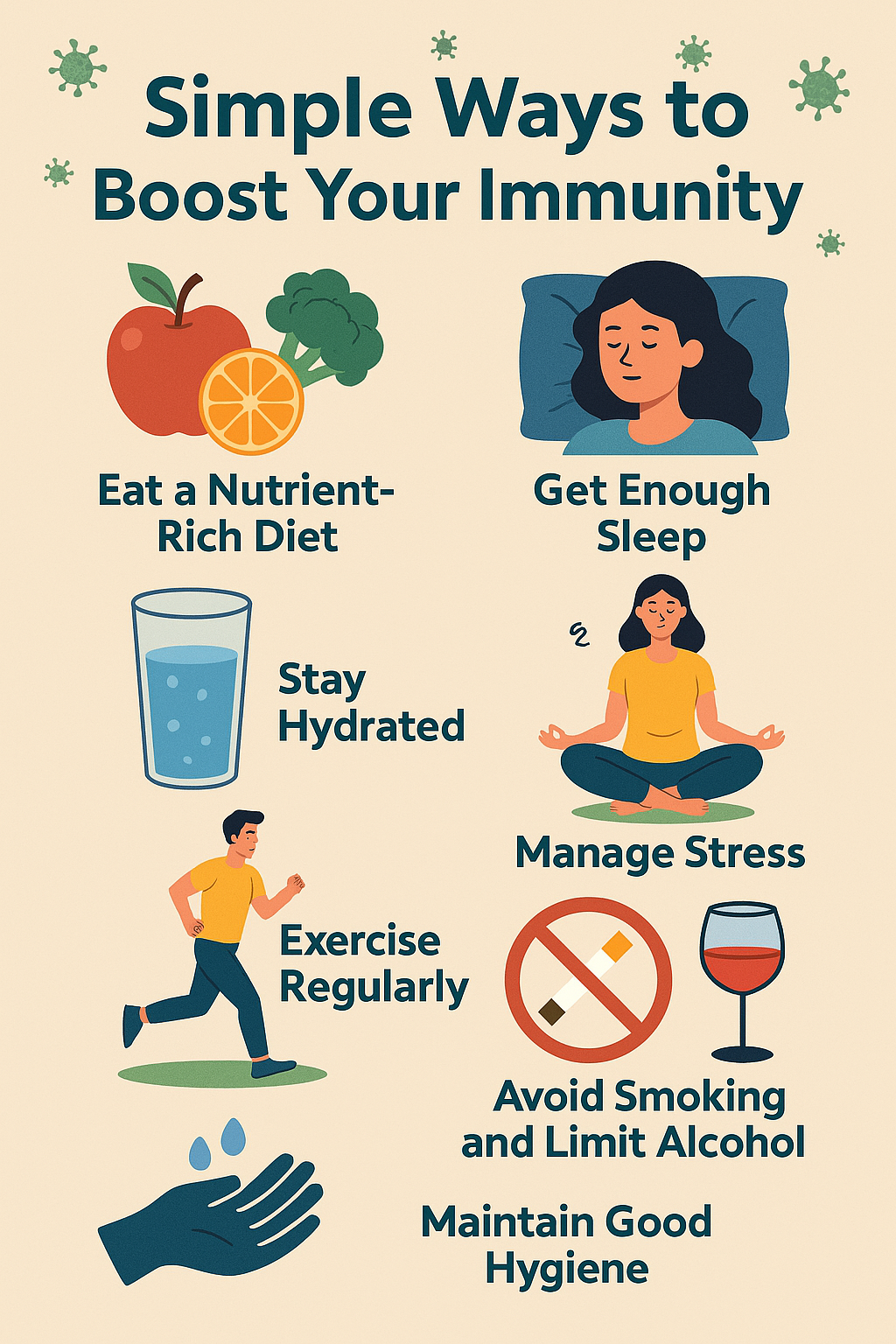
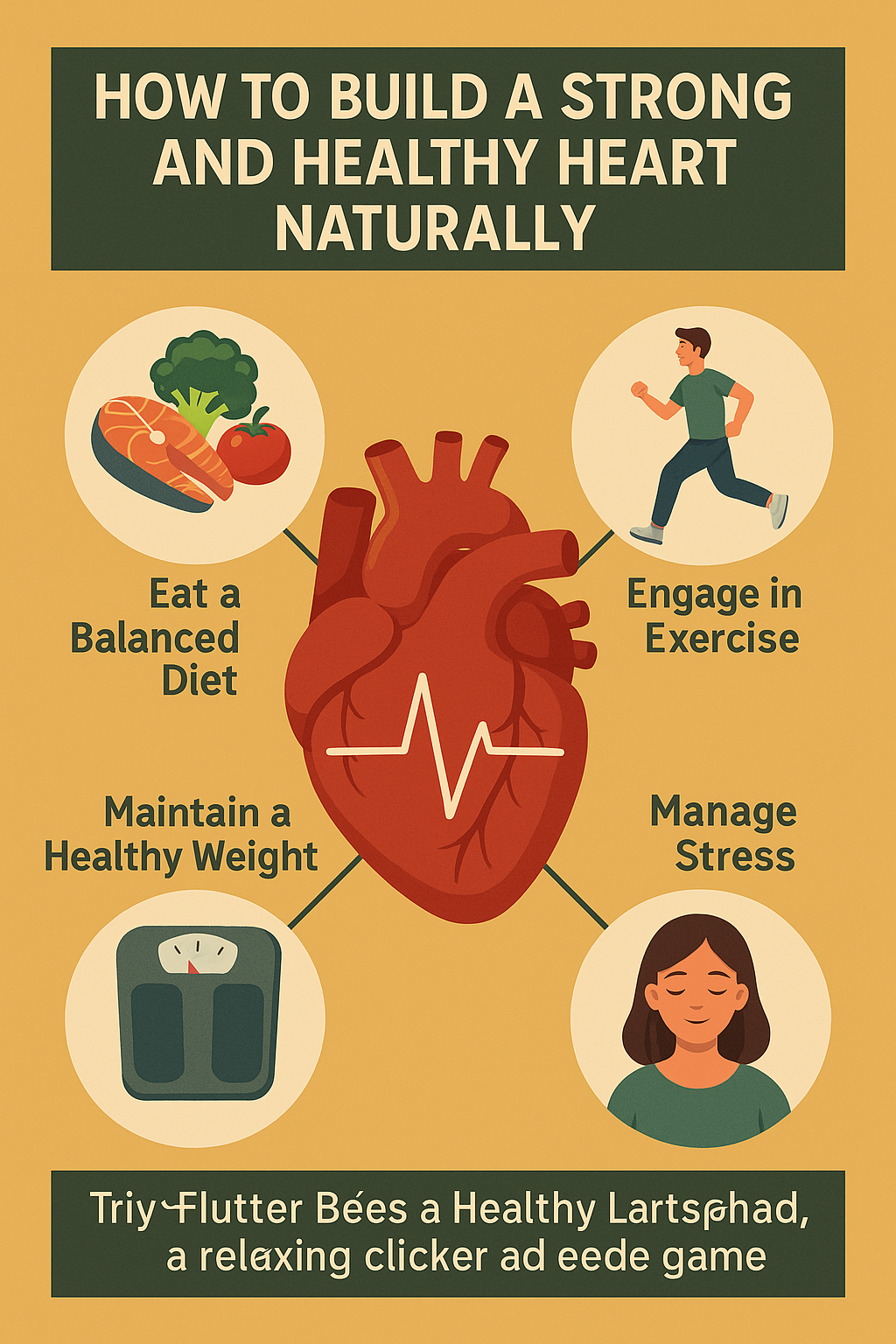
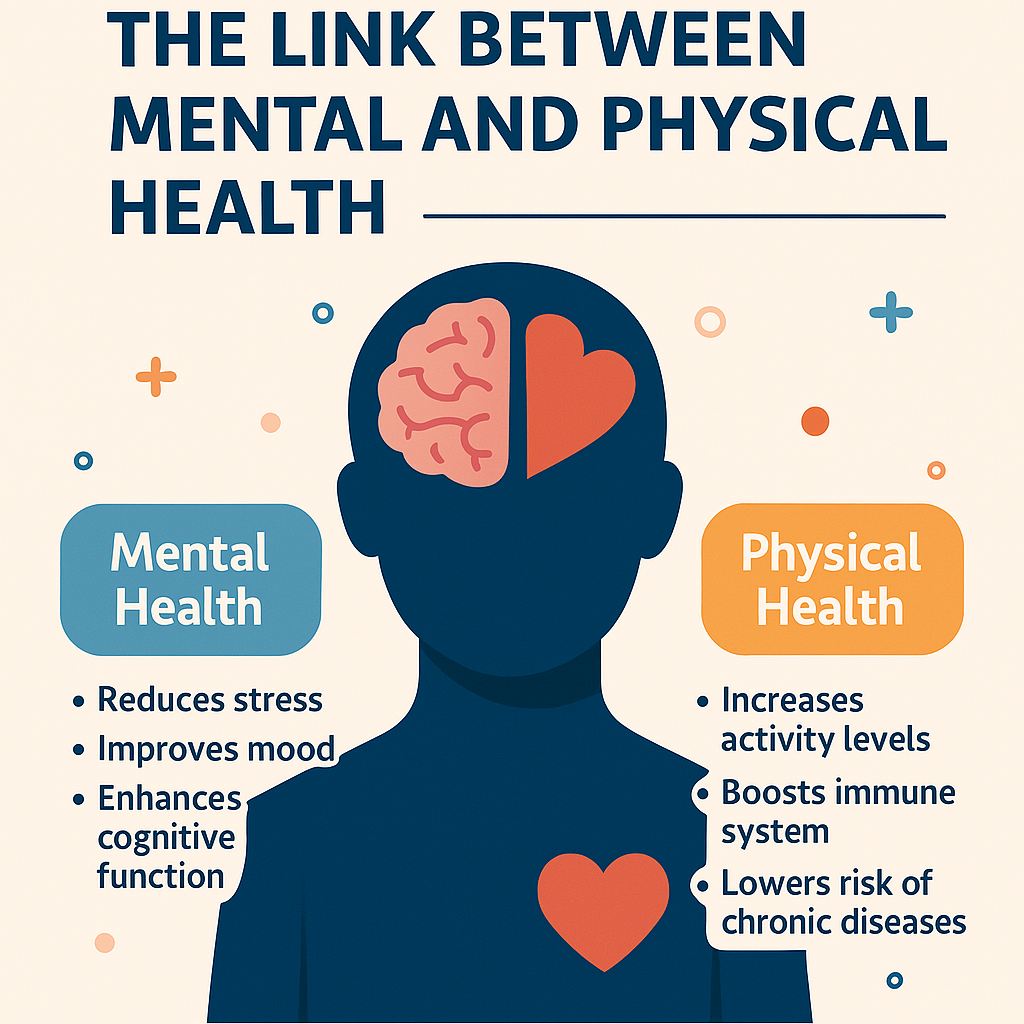
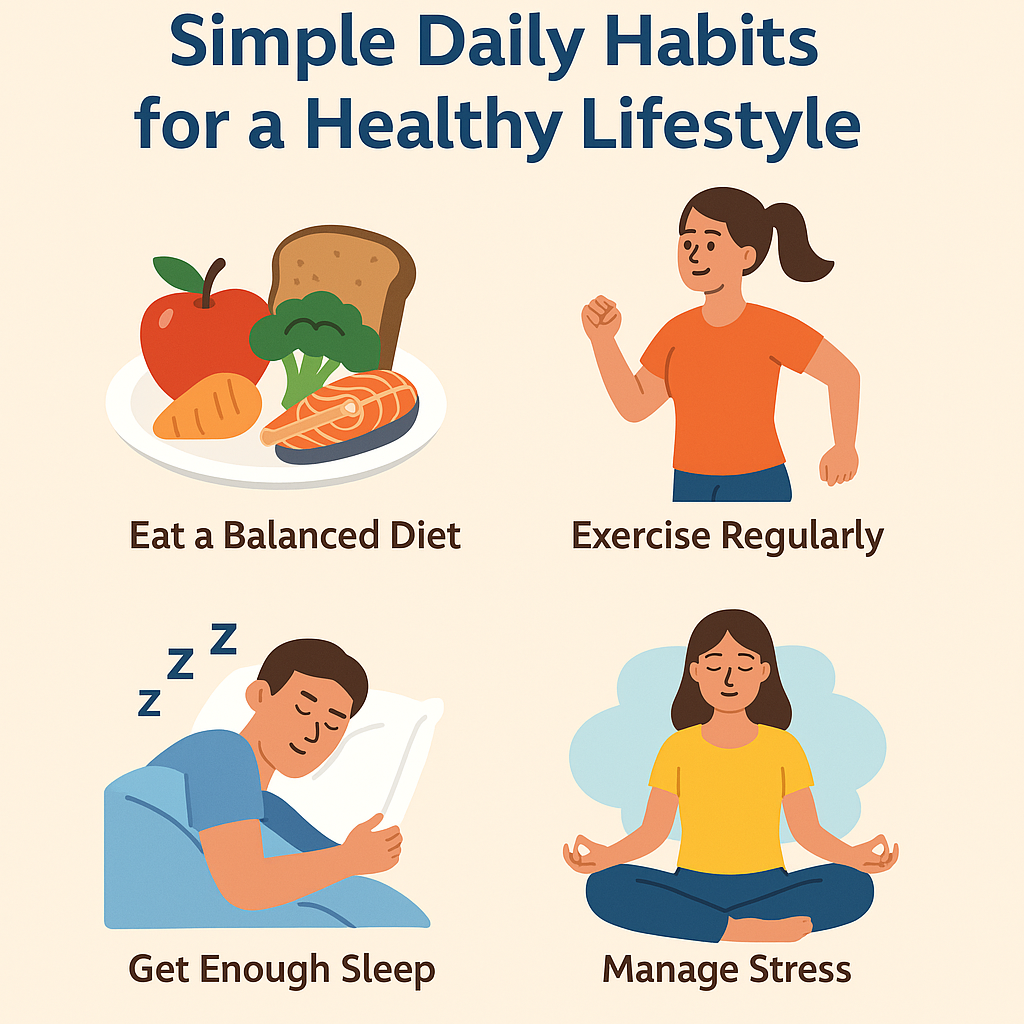





Leave a Reply